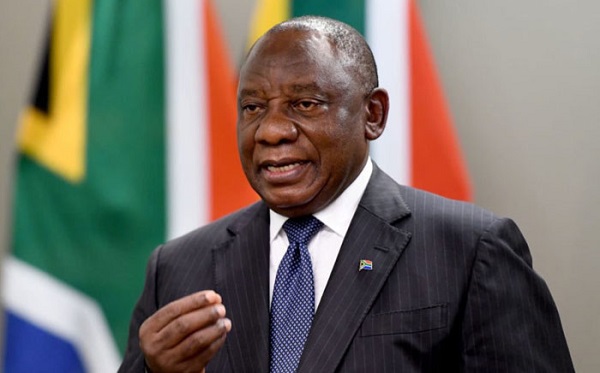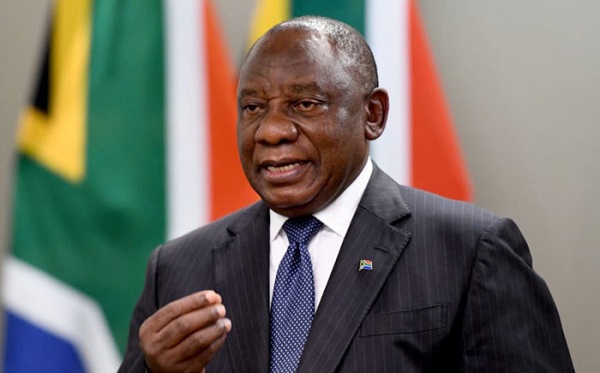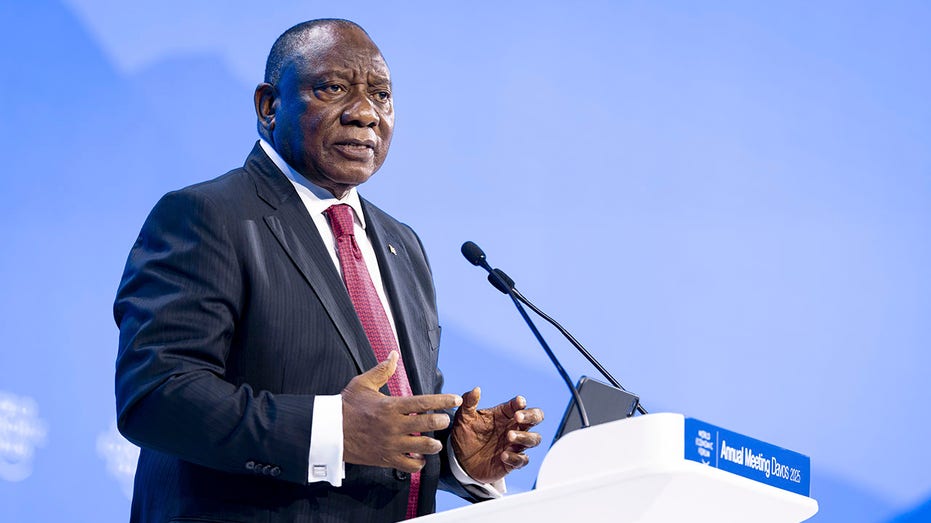
South Africa’s New Land Reform Law: A Controversial Shift
Introduction
In a groundbreaking yet controversial move, South African President Cyril Ramaphosa has officially signed a new law allowing the government to expropriate land without compensating the owners. This decision has ignited fierce debate regarding its implications for private property rights, as the legislation aims to address a long-standing issue of land ownership disparity that stems from the apartheid era.
The New Expropriation Framework
The newly enacted law replaces the outdated Expropriation Act of 1975, drawing a clear framework for how expropriation can occur. According to a report by the BBC, the law stipulates that expropriation without compensation is permissible only under specific circumstances deemed “just and equitable” and “in the public interest.” This includes cases where land is abandoned, lacks plans for development, or poses a safety hazard to the community.
Government’s Position
The ruling African National Congress (ANC) has characterized the implementation of this law as a “significant milestone.” Vincent Magwenya, the spokesperson for President Ramaphosa, emphasized that “An expropriating authority may not expropriate property arbitrarily or for any purpose other than a public purpose or public interest.” Magwenya also stressed the importance of negotiation, asserting that authorities must first attempt to reach a reasonable agreement with property owners before proceeding with expropriation.
The Historical Context
This legislative change operates within the broader context of South Africa’s deeply entrenched land ownership inequality. Over three decades after the abolishment of apartheid, the majority of the nation’s productive farmland is still controlled by a predominantly White minority, while the majority Black population retains ownership of only a small portion. The government hopes that this law will serve as a foundational step towards addressing historical injustices and promoting equitable land distribution.
Opposition Voices
Despite the ANC’s support for the legislation, it has received significant backlash from opposition parties. The Democratic Alliance (DA), South Africa’s second-largest political party, has openly criticized the government for the parliamentary processes used to enact the law. While the DA acknowledges the importance of addressing historical land injustices through restitution, it is actively consulting legal experts to explore potential challenges to the newly adopted legislation.
Concerns from Minority Rights Advocates
Further dissent has emerged from the Freedom Front Plus party, which represents the interests of the White minority. The party has adamantly pledged to contest the legislation, promising to take all necessary steps to amend the law if it is found to be unconstitutional. This commitment underscores the heightened tensions surrounding land reform and the perception of property rights within the nation.
Legal and Political Implications
The passage of this law marks a pivotal moment in South Africa’s legislative journey toward land reform, but it also portends complex legal battles ahead. As opposition parties mobilize to challenge the law’s constitutionality, the government faces the formidable task of substantiating its claims regarding public interest and equitable treatment.
The uncertainty surrounding the new legislation raises critical questions about the balance between working toward a more equitable society and safeguarding property rights—an issue that could have far-reaching implications for South Africa’s socio-economic landscape.
Conclusion
The contentious new law allowing expropriation without compensation opens a significant chapter in South Africa’s ongoing struggle to reconcile its historical inequalities with contemporary demands for economic justice. As the nation navigates the intricate dynamics of land reform, the conversations sparked by this legislation will undoubtedly resonate far beyond parliamentary halls, potentially influencing the future of property rights and social equity in South Africa.


















